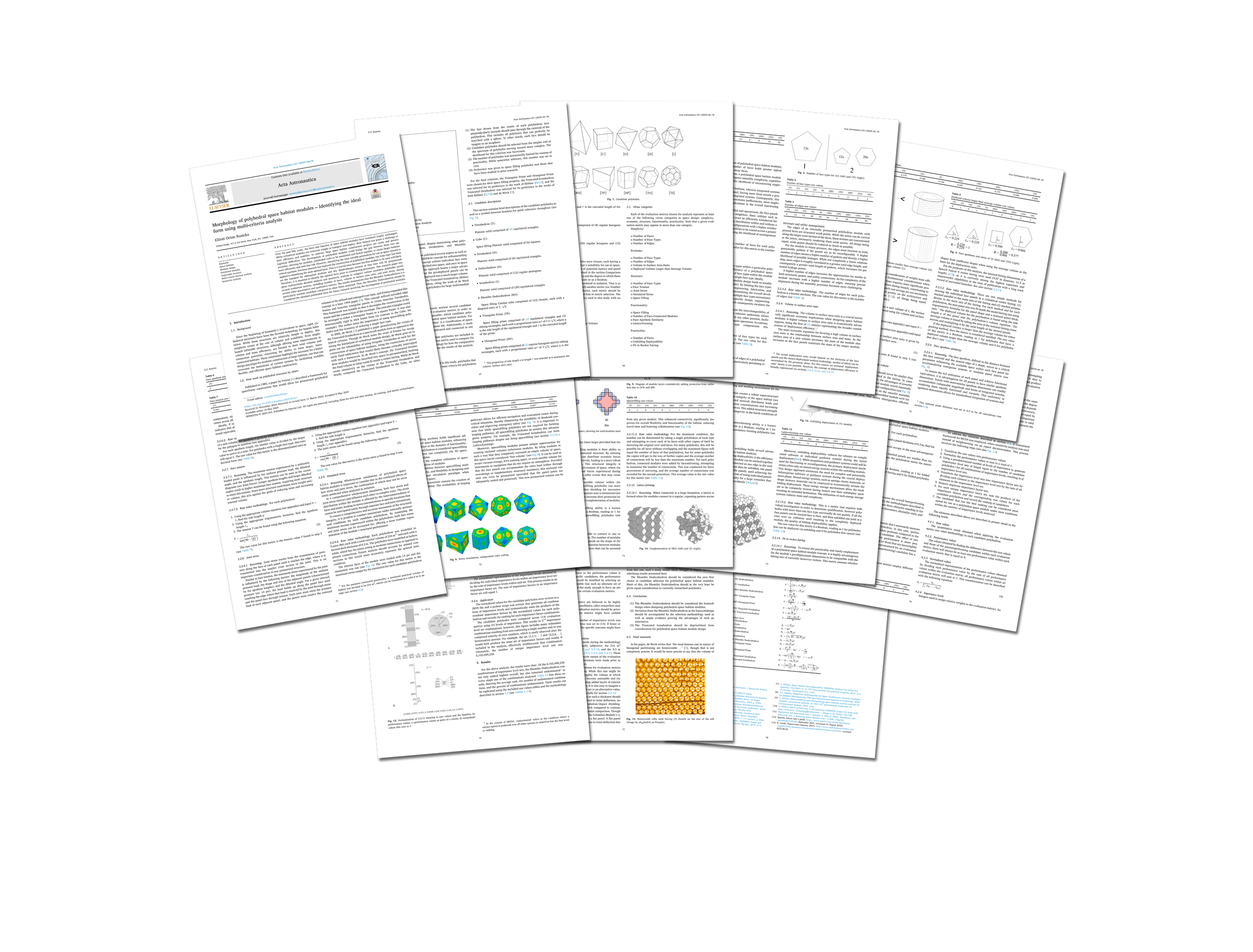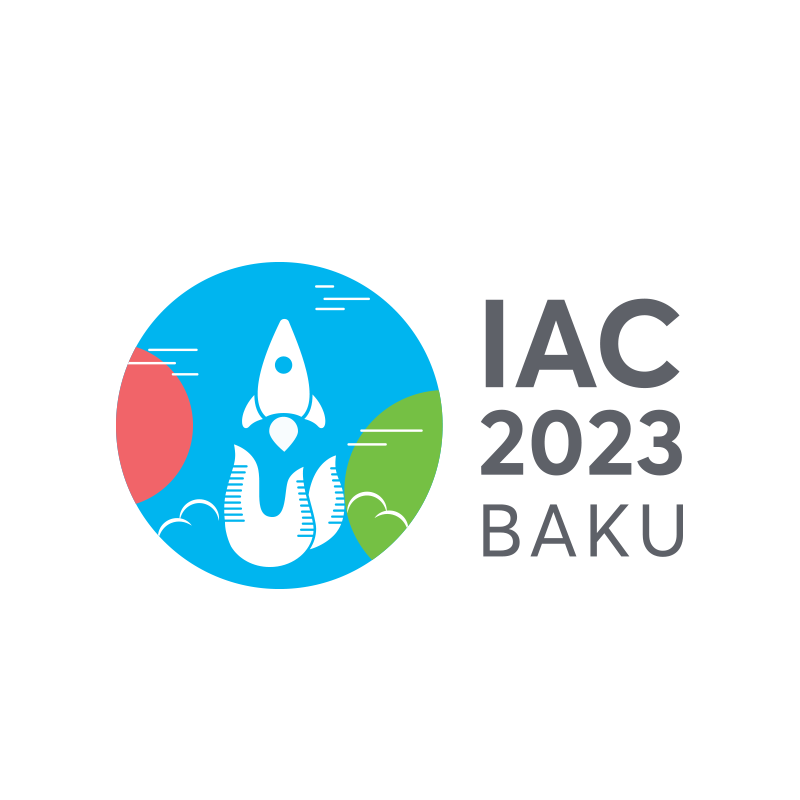
Introducing Project Orbital
This project is an expansion of the original blog post from 2020 titled "The Decoupled Orbital". In that post I outlined a method for overcoming the size limitations inherent in rotating space habitats. I have since expanded upon that modest post, recently culminating in the presentation of a research paper at the 2024 International Astronautical Congress in Milan, Italy…

Presenting at IAC 2024 — Milan, Italy
After the great success last year in Baku, I have decided to present my latest research at the 2024 International Astronautical Congress in Milan, Italy. Two of my abstracts describing my latest research have been accepted to the conference.

Published in the Journal Acta Astronautica
I'm pleased to announce that my paper Morphology of Polyhedral Space Habitat Modules - Identifying the Ideal Form Using Multi-Criteria Analysis has completed the peer review process and is available online with the following link, free of charge, until July 7th 2024.
F12 - IAC Baku Paper Available for Download
The Papers page has been updated with the download link to the paper I presented in Baku, Azerbaijan at the 2023 International Astronautical Congress.

F12 Update - Presentation at IAC 2023
I attended the 2023 International Astronautical Congress in Baku, Azerbaijan last week and presented my updated paper (published in the conference proceedings) Morphology of Polyhedral Space Habitat Modules - Identifying the Ideal Form Using Multi-Criteria Analysis.

Morphology of Polyhedral Space Habitat Modules
The form and function of semi-permanent space habitats has not much changed in the past fifty years. Large space habitat projects remain logistically daunting and unpalatably expensive, especially for a questionable return on investment.
This paper explores the particularities of various polyhedrons for use in a new kind of space habitat typology. The goals of exploring polyhedral modules are to mitigate many of the hitherto unrecognized drawbacks and limitations of the extant cylindrical habitat typology, implement a flexible system for creating large-volume habitats, and provide a relatively low-risk testbed for large habitat construction in orbit. As noted in this paper, the rhombic dodecahedron stands out as a superior shape in comparison to other comparable shapes when structure, economy, and other geometric considerations are taken together in aggregate.
